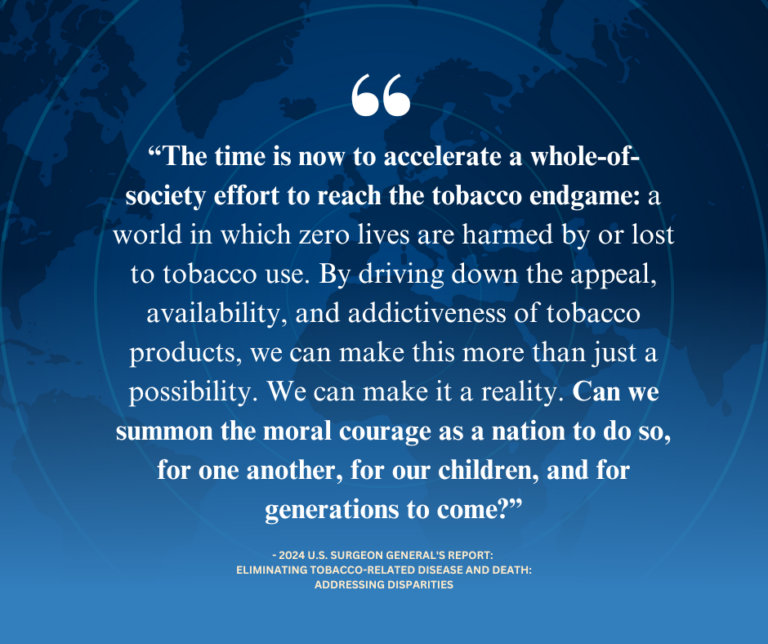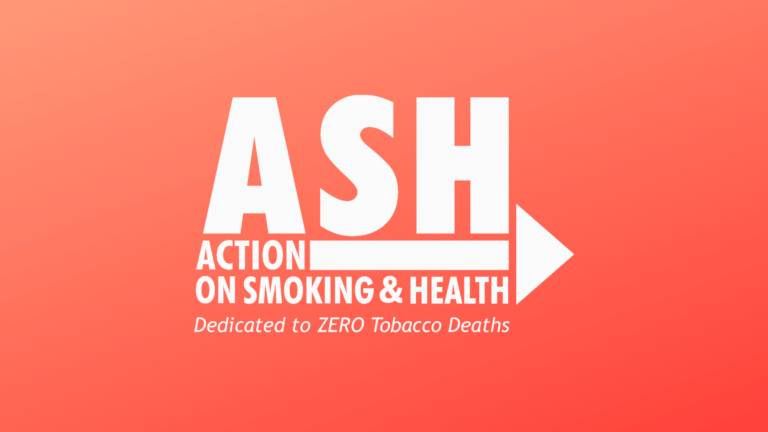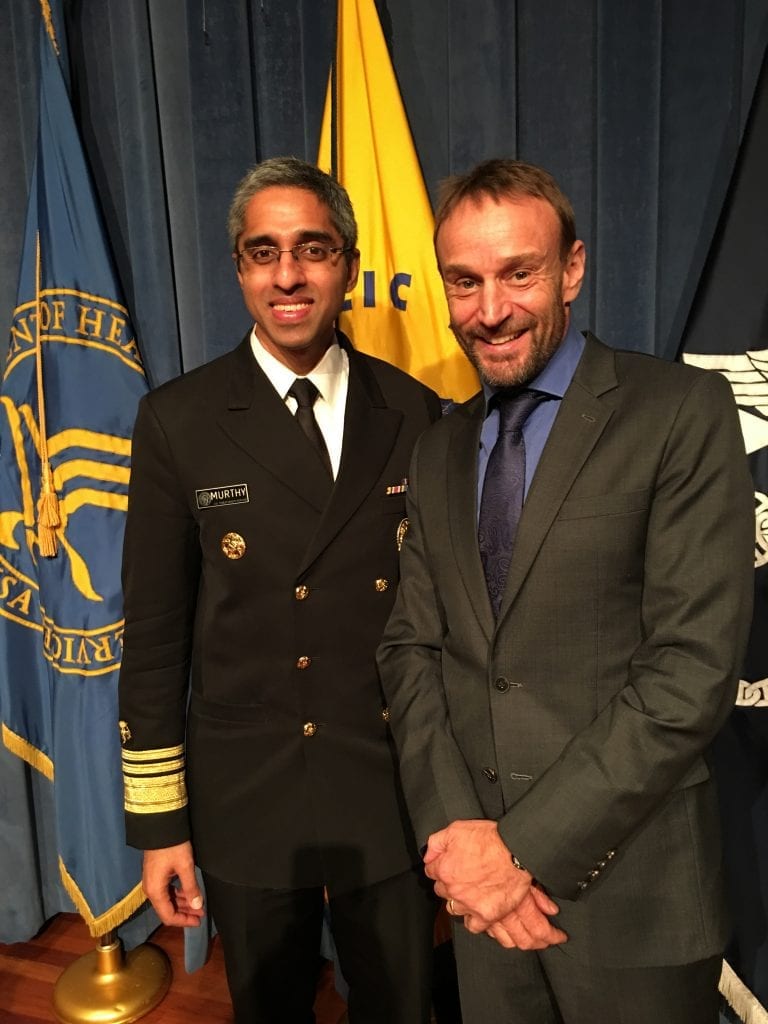
Key Highlights from the 2024 U.S. Surgeon General’s Report
This week, the U.S. Surgeon General issued a Report on “Eliminating Tobacco-Related Disease and Death: Addressing Disparities.” This is the 35th Surgeon General’s Report on Smoking and Health since 1964, a series of instrumental reports that inspired the name of our organization: Action on Smoking and Health. ASH welcomes this report,










